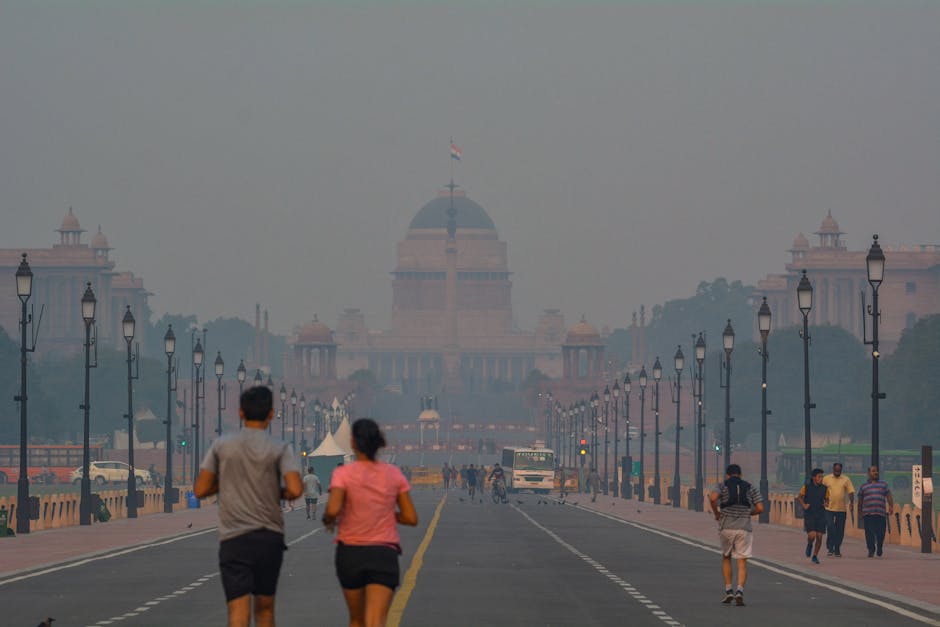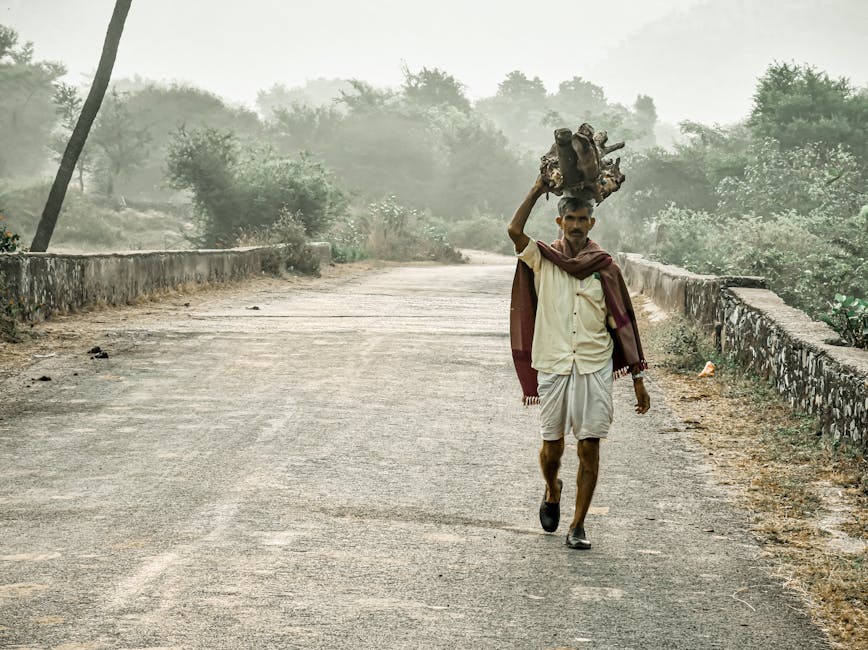Major Dhyan Chand Stadium’s Air Quality Reaches Unhealthy Levels (AQI 200)
The air quality at Delhi’s iconic Major Dhyan Chand National Stadium has surged to an AQI of 200, placing it in the “Poor” category. This poses significant risks for athletes, spectators, and nearby residents, especially those with respiratory conditions.
What Does an AQI of 200 Mean?
The Air Quality Index (AQI) measures pollution levels from 0 (good) to 500 (hazardous). At 200:
– Health Impact: Breathing discomfort for most people; aggravated symptoms for sensitive groups.
– Primary Pollutants: PM2.5, PM10, NO₂ from vehicles, industry, and construction.
– Athlete Concerns: Reduced lung function, slower recovery, and performance decline.
Why Is Delhi’s Air Quality So Bad?
Delhi’s pollution crisis stems from:
– Vehicular emissions (major contributor)
– Construction and road dust
– Industrial pollutants
– Seasonal crop burning (October–November peak)
How Does Poor Air Quality Affect Athletes?
The stadium, a key hockey and sports hub, faces risks like:
✔ Reduced endurance – Lower oxygen intake increases fatigue.
✔ Respiratory irritation – PM2.5 can cause coughing and lung stress.
✔ Long-term damage – Prolonged exposure may harm cardiovascular health.
What Can Be Done?
For Athletes & Visitors:
- Wear N95 masks outdoors.
- Limit training during peak pollution (10 AM–6 PM).
- Use indoor air purifiers in facilities.
For Authorities:
- Install high-grade air filtration in indoor training areas.
- Increase green zones near the stadium.
- Enforce stricter emissions control on nearby industries.
Will This Affect Upcoming Sports Events?
If AQI worsens, tournaments may face:
– Rescheduled timings (early morning/late evening).
– Cancelations for high-risk groups.
– Relocation of events to cleaner cities.
Delhi’s Long-Term Pollution Challenge
Despite short-term fixes (smog towers, odd-even schemes), systemic changes in public transport, waste management, and industrial policies are needed for lasting improvement.
Key Takeaways
- AQI 200 = “Poor” – Health risks for athletes and public.
- Athletes should take precautions (masks, adjusted schedules).
- Delhi needs stronger anti-pollution measures to protect sports and public health.
For live updates on Delhi’s AQI, follow trusted environmental reports.




